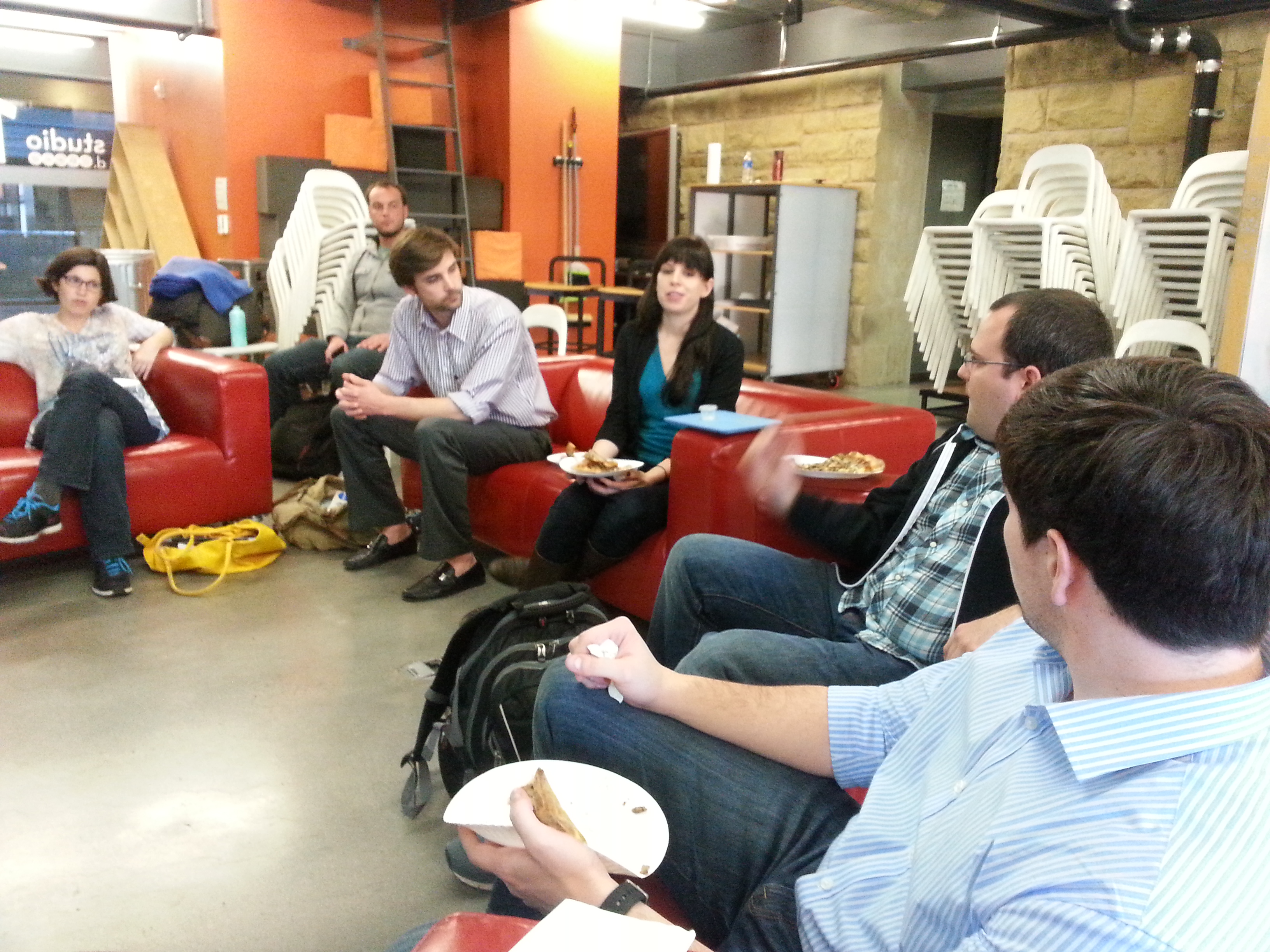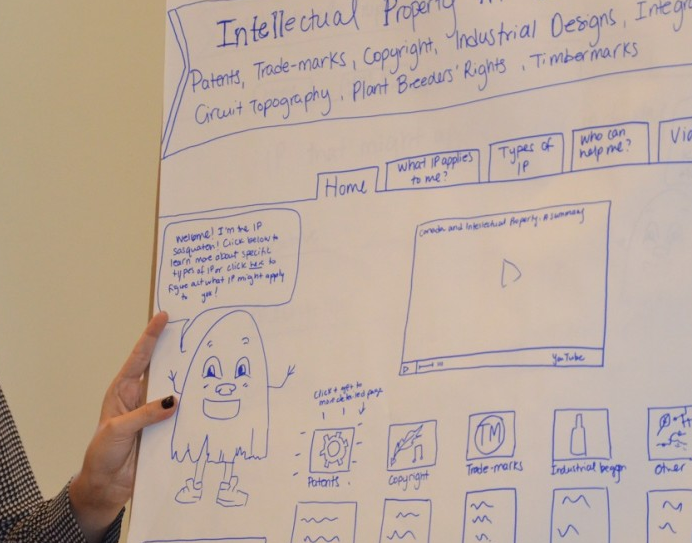Two weeks ago, we were fortunate to host two members of the OpenGov Foundation team at the d.school, to discuss their projects to make legislators’ work more participatory, democratic, and better designed.
The OpenGov team showed us their past versions of The Madison Project — a platform that allows legislators to post versions of pending & proposed legislation online, and then has constituents make annotations, reactions, redrafts, and other comments on top of the text.
The first version of this platform emerged during the SOPA/PIPA debate two years ago. The platform they coded then allowed people to read the proposed Internet legislation, and comment — to show legislators what citizens would want to change about the bill, as well as to educate citizens about what the legislation would do.
The alternative, which Madison Project is reacting against, is static legislation buried in PDF documents. Legislators post them online out of duty to citizens — but the problem is the text is not interactive, collaborative, or searchable in an easy way. For example:
The team also showed some hints of where they might be going — with the ability of commenters to engage with each other, and an ability to float the most meaningful comments & redrafts to prominence.
The participants who came to the event gave feedback on the designs & the concepts — with ideas of how to increase user engagement on the site, along with ideas of other directions the platform could go regarding citizen education about lawmaking.
It was a nice mix of design, law, and branding feedback — to toss ideas around & play with what open government tools may look like. There’s a lot of directions to go into — some with more citizens telling their story and building movements through personalization of law — or giving legislators clear, simple stats on what their citizens care about within a certain topic.
There’s lots of open questions too — about how many citizens will engage in playing around with the text of legislation; how to prevent bad actors and astroturf-ing through these sites, that may skew the democratic feedback they may provide; and how to get a wider group of people tuned into these tools and supporting them through either a quick or extensive process — depending on their preferences.


